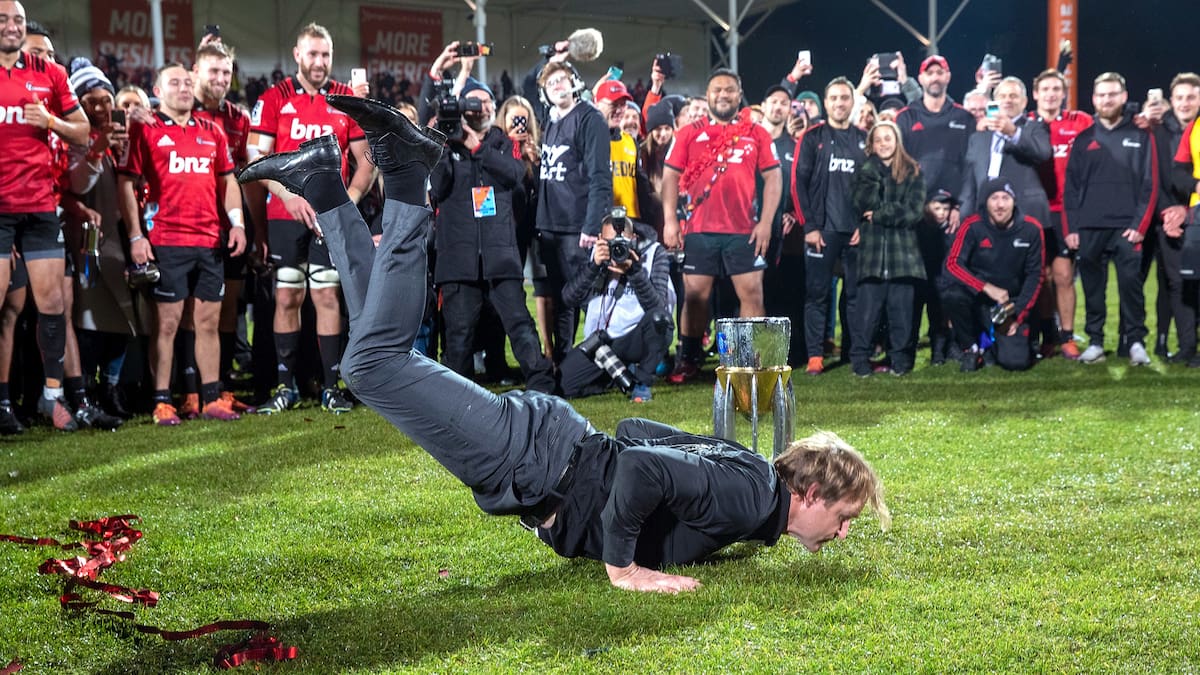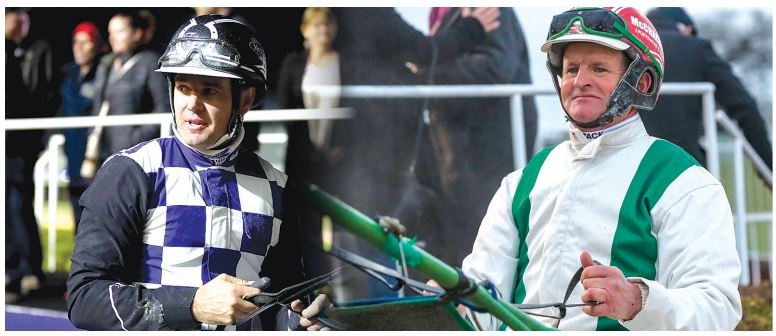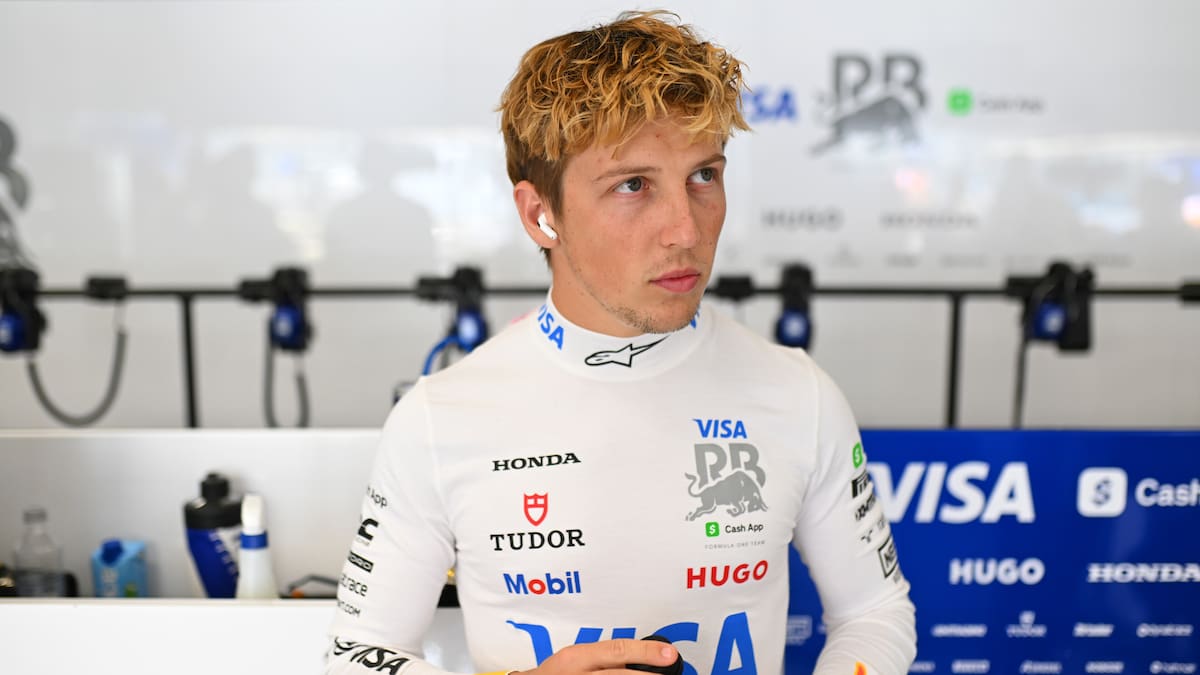“I’m just trying to think of a better sporting team, anyway,” responded his co-host and former Wallaby, Morgan Turinui.
That’s a fair shout from Turinui. While comparisons between sports and eras are always difficult – it’s worth a crack. We’ll at least use similar eras.
The Australasian team with the closest winning DNA is arguably the Melbourne Storm in the NRL. The Storm are perennial playoff achievers who have finished in the coveted top four of their competition on 19 occasions since joining in 1998. Their achievements do, however, come with a fairly serious asterisk. They were found in breach of salary cap regulations in 2010 and subsequently were stripped of two premierships and three minor premierships. They still have four premierships to their name and a win rate of 64%.

Football club dynasties don’t come much bigger than Manchester United’s reign in the Premier League era. Within that time frame are two very distinct periods – the Sir Alex Ferguson era and the failures since he retired. Manchester United won the inaugural Premier League in 1992/93. With “Fergie” at the helm, they won 13 Premier League titles and never finished lower than third on the table. In that golden window, they had a win rate of 65%. Granted, they also had a near 21% draw rate, so their loss percentage was minuscule – but football’s single-point scoring system lends itself to that a lot more than rugby. Man U’s overall Premier League win rate is now 59.5%. They have not won a Premier League title since Ferguson left in 2011/12, and this season finished 15th.
Spanish football giants Barcelona (14 titles since 1994/95) and Real Madrid (11) have dominated La Liga since the mid-1990s. The pair have had some incredible years in that 30-year period – with near identical win percentages, but both are just below 60%.

In the NFL, the Baltimore Ravens edge out the Dallas Cowboys for the best winning percentage with almost 57.5%. The Ravens began in 1996 – the same year as the Crusaders and have played a similar number of games.
The Crusaders have played 450 games since 1996. They’ve accrued a winning rate of 70% in that time. Greater than all of the world-renowned teams previously mentioned.
It’s still below that of the All Blacks, but this is a comparison of franchises – international teams are a different kettle of fish.
What is it about the Crusaders that makes them so successful? From within the humble facilities of Christchurch’s Rugby Park, the franchise’s headquarters, a Wallabies veteran and Crusaders rookie offers his unique perspective.
“Brotherhood,” says James O’Connor.

The experienced playmaker has played in many teams around the world – and has played against the Crusaders during his time with three Australian franchises. This year, he joined them to impart his knowledge on the Crusaders’ crop of young first five-eighths. But he was learning too.
“Man, a lot. I’ve learned a lot. Like, I could break down a fair bit rugby-wise, but mostly probably culture. Just how much the boys want to go to work for each other,” says O’Connor.
“That’s the thing I’ve really enjoyed. Like, skill can get you so far, game plans, etc. but at the end of the day, if you don’t want to put your body on the line for the bloke next to you, you won’t win those tight games, and that’s what I’ve seen this year in this group, and it’s been cool to feel.”
O’Connor will play his first Super Rugby final on Saturday in what will be his last game for the Crusaders (and probably his last game in Super Rugby). Whether he leaves as a champion or not – he’ll take plenty of knowledge with him on what it takes to build a dynasty in professional sport.

“It’s a family here. I felt it when I first landed. The staff members picked us up from the airport, dropped us to our house, there was like a gift basket. Everything was just so prepared and then you’d come into the club and get to meet everyone. You can just feel it oozes connection,” says O’Connor.
That’s an ingredient that every club is looking for and few find. Fewer still can keep it for as long as the Crusaders have.
Mike Thorpe is a senior multimedia journalist for the Herald, based in Christchurch. He has been a broadcast journalist across television and radio for 20 years and joined the Herald in August 2024.






